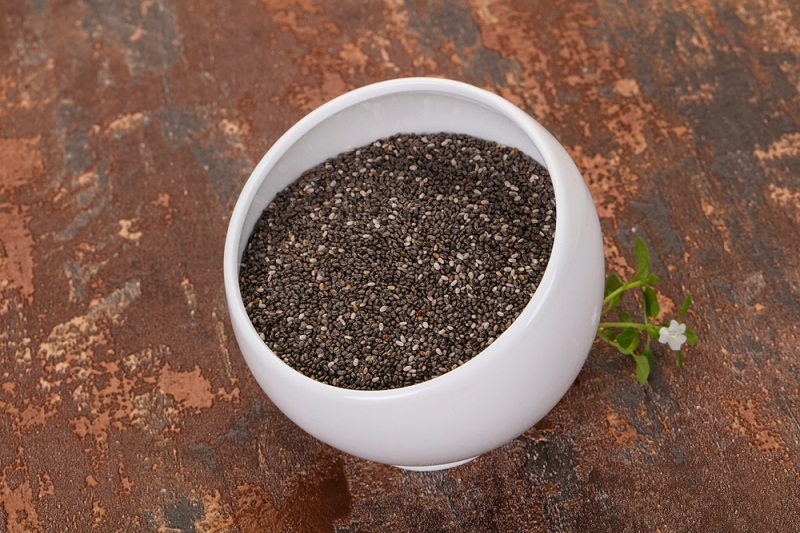To make sure we get enough protein every day, it’s important to consider the quantity and quality of the protein we consume.
When people think of protein they most often think of animal products like chicken, eggs, beef, fish, and other seafood, for example.
However, with a bit of planning and ensuring a varied diet, it is very possible to reap the benefits of high quality protein from a plant based diet, too. A diet rich in vegetables, whole grains, beans, soy products, nuts, and seeds can provide adequate protein.
In fact, one of the best sources of plant-based protein is from seeds.
This article will explain how you can get high quality protein from seeds, the benefits of eating seeds, and how to add them to your diet.
What are seeds and why we should eat them
Most plants start out as seeds. Seeds store and protect the embryo of a new plant. Because seeds contain all of the starting materials to create a new plant, they are extremely nutritious.
Seeds are a great source of healthy unsaturated fats, protein, fiber, and antioxidants.
Plus, they have also been shown to reduce the risk of certain diseases such as heart disease, as a diet high in seeds has been linked to reduced cholesterol levels (1).
What’s more, due to seeds’ high omega-3 content, they may reduce the risk of inflammatory diseases including arthritis, autoimmune conditions, and cancer (2).
In addition to being a nutrient-dense addition to a meal or snack, seeds can also add taste, texture, and variety to many foods.
Are seeds a good source of protein?
Seeds pack a lot of bang for their buck. In just a small 2-ounce serving of these nutrient powerhouses, seeds can provide up to a whopping 10 grams of protein. Although, depending on the specific type of seed, the protein amount will vary.
However, when looking at plant sources of protein it’s important to consider the quality of protein.
High quality protein sources contain all 9 essential amino acids. These 9 amino acids are deemed “essential” because the human body is unable to make them on it’s own, meaning we must get them from food sources (3).
Luckily, seeds contain all 9 essential amino acids, meaning they are complete proteins.
Consuming high quality protein sources – those that contain all 9 essential amino acids – is key for the body to perform and carry out necessary functions like muscle building and repair, immune function, metabolic function, and more.
Naked Nutrition’s seed protein powder is made up of the seeds of four nutrient-dense plants: pumpkin, sunflower, watermelon, and chia. The seeds are blended into a fine protein-rich powder.
The nutrients per serving are more concentrated compared to a tablespoon of any of the seeds on their own. In just one servin, you are getting 20 grams of high-quality protein.
You also get branched-chain amino acids. Research suggests that consuming branched-chain amino acids can increase muscle gains after exercise by way of enhancing the muscle protein synthesis pathways (4).
How to add seeds to your diet
Adding nutrient-dense, protein-rich seeds to your diet is super simple.
You can sprinkle a tablespoon or two of any seeds you like on salads, yogurt, oatmeal, and smoothies. It’s a minimal effort and a no-brainer if you want to increase the nutritional value of your meal or snack.
More stores are catching onto the benefits of seeds as well. You can find a wide variety of seeds available at your local supermarkets such as sesame, pumpkin, sunflower, flax, chia, and more.
Key Takeaways
Consuming seeds is a great way to add protein into your diet.
Seeds such as chia, sunflower, pumpkin, and watermelon seeds provide all 9 essential amino acids, making them a high quality protein source.
In addition to providing high quality protein, seeds also have the added benefit of vitamins, minerals, antioxidants, and anti-inflammatory omega-3 fatty acids to support overall health.
It’s easy to add seeds to your diet by sprinkling them on cereal, salads, soups, or adding them to smoothies and baked goods.







